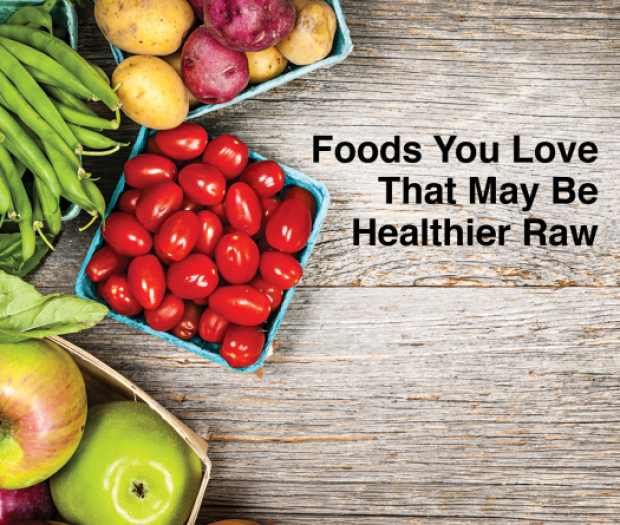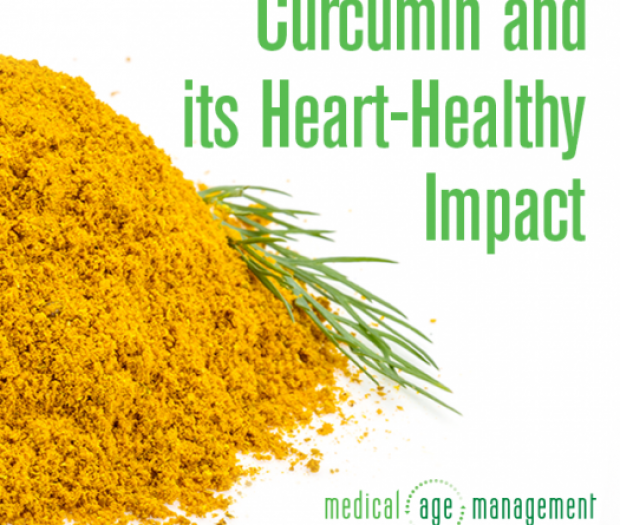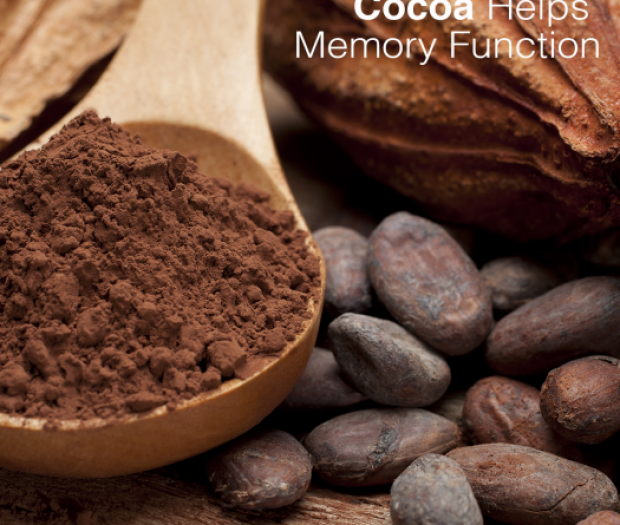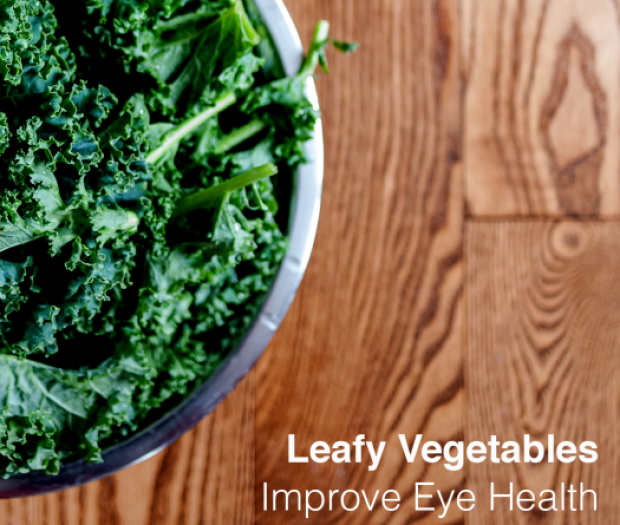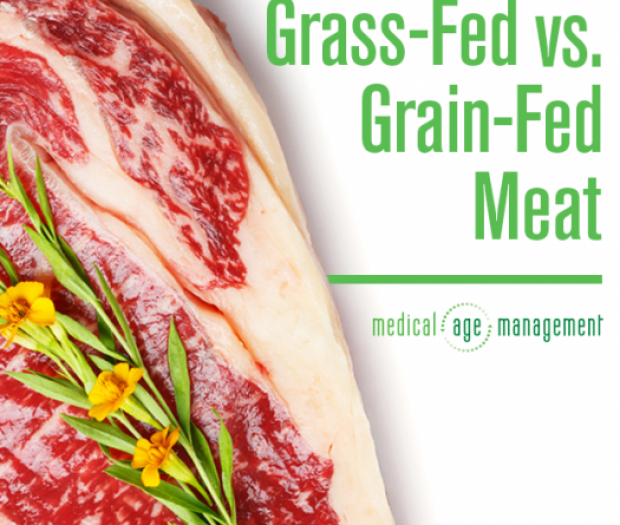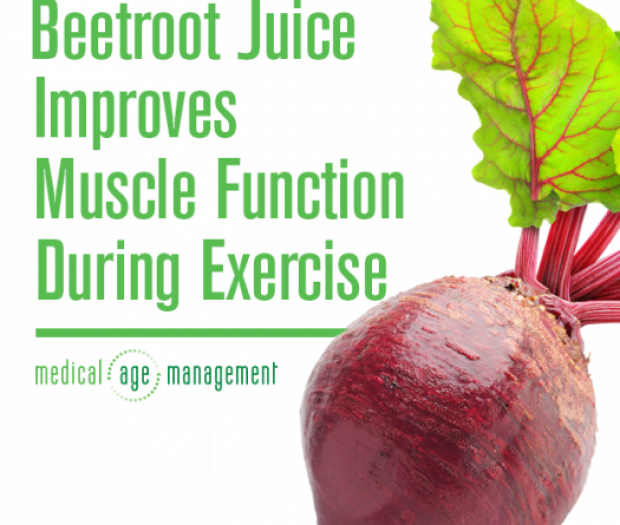If you’re looking to take your health to the next level, it’s important to know the best way of preparing foods in order to maximize the nutritional benefits. For some food, cooking them increases their nutritional value so your body can take in more. However, when dealing with other foods this does the opposite and can even make it more difficult for the body to absorb all the vitamins and minerals as when eating them raw. Although cooked veggies can have more flavor or be easier to chew, you may be undoing some of great nutritional benefits. See why eating these foods raw is healthier:
- Beets – These vegetables are high in fiber, vitamin C and potassium but when cooked they can lose as much as 25% of their folate, a healthy brain compound.
- Broccoli – Among other benefits broccoli also contains sulforaphane, a compound which is more easily absorbed when consumed raw and has been found to fight cancer cells, lower blood pressure, improve heart health, and provide antioxidants that help with anti-aging and immunity.
- Onions – Allicin, the stuff in onions that makes you tear up, is a phytonutrient that helps curb hunger, prevent cancer, promote cardiovascular health, and reduce high blood pressure – and you get more of it when you eat onions raw.
- Red Bell Peppers – Roasting, frying, or grilling red bell peppers at a temperature over 375 degrees Fahrenheit will cause their vitamin C properties to break down, taking away from their full nutritional benefits.
- Garlic – A study revealed that eating raw garlic two or more times a week reduced risk of developing lung cancer – like onions, you’ll get more nutritional benefits when eating it raw.


